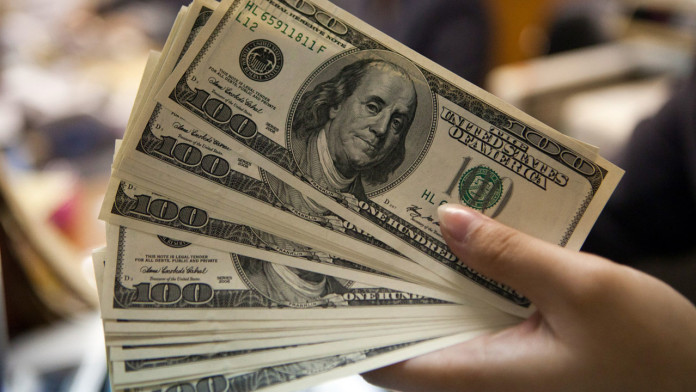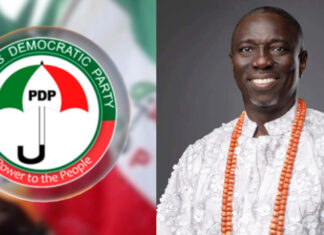By Jeph Ajobaju, Chief Copy Editor
Insider dealing on foreign majority-owned stocks (FMOs) in Nigeria is rising because of the travails of the naira versus the dollar, which choke businesses because the Nigerian currency keeps on falling.
On June 16, 2020, Nigeria Breweries (NB), the country’s largest beer maker, announced that its Chairman, Kolawole Jamodu, purchased 10,000 shares of the company at N43.27.
The deal occurred a couple of weeks earlier but recent provisions by the Nigerian Stock Exchange (NSE) require that these disclosures are reported to the company’s shareholders
This announcement was the first of many. Heineken went on to announce it had purchased 347, 000 units of the company’s shares since August.
Other FMOs – such as Guinness, Unilever, Cadbury, Nestle, PZ Cussons – appear to be following a similar route, according to Nairametrics.
Industry-wide problem
The naira has fallen 1.04 per cent to a low of 480 on the black market after Abuja announced that airports would reopen for international travel on August 29, a move that could increase dollar demand, according to traders.
The dollar is already on a squeeze, introduced by the Central Bank of Nigeria (CBN) in March when it halted weekly interbank foreign-currency sales.
The CBN also suspended foreign exchange (forex) sales to retail currency bureaus that resell hard currency to individual users with medical bills and school fees abroad.
Now the effects of the dollar shortage are seeping through to the economy.
“When you source your own dollars, they won’t let you pay in cash into your account and won’t let you transfer to your suppliers,” Mgbeahuru told Bloomberg by phone from Nigeria’s South Eastern commercial hub of Onitsha.
“The challenge with dollar liquidity is an industry-wide problem,” said Bridget Oyefeso-Odusami, a spokeswoman of Stanbic IBTC Bank, which cut its customers’ card spending to $500 monthly.
Nairametrics reports that notification for share dealing by insiders does not reveal their motive behind the purchases leaving investors to make wild guesses.
One of such guesses is the need to bolster shareholdings ahead of a potential rights issue or a public offer. NB for example has about N139 billion in debts making up about 87 per cent of Net Assets as of June 2020.
It will have to repay most of these loans sooner rather than later either by refinancing the loans or paying via equity. But for some other FMOs, the motivation to buy could be different.
Forex challenges
One very plausible reason for the spate of sale is the exchange rate problem faced by companies in Nigeria. Since coronavirus hit the country in March, sourcing forex to pay for obligations and repatriating dividend payments has been herculean task.
For investors in NB, Guinness, Unilever, Cadbury, Nestle, PZ Cussons, MTN Nigeria, and Airtel repatriating dividends has been like a camel passing through the eye of a needle.
It has been nearly impossible except they opt for the black market and see their returns on and of investments whittle away.
“Rather than keep the money idle, they are reinvesting in their money at a cheaper valuation,” a trader told Nairametrics.
This sounds reasonable when you consider the current valuation of FMO stocks. Most of them are significantly down year to date as they groan in intense competition and waning consumer demand.
Some are in high double digits negative returns.
These create unique buying opportunities for owners of these stocks left with the frustrating choice of settling for sub 3 per cent returns on risk-free fixed income securities or purchase short term commercial papers that yield way below the inflation rate.
However, buying these stocks with their money means they benefit from dollar-cost averaging while still increasing their stake in the company they majorly own. After all, they do not have plans to exit Nigeria just yet.
Retail investors
Retail investors have also seized on the opportunity to position on purchasing these stocks. Some of these dealings have a positive impact on share prices.
Unilever is up 11 per cent Week on Week (WOW), International Breweries is up 26.3 per cent WoW. But NB did not record significant gains, it was one of the most traded stocks last week.












